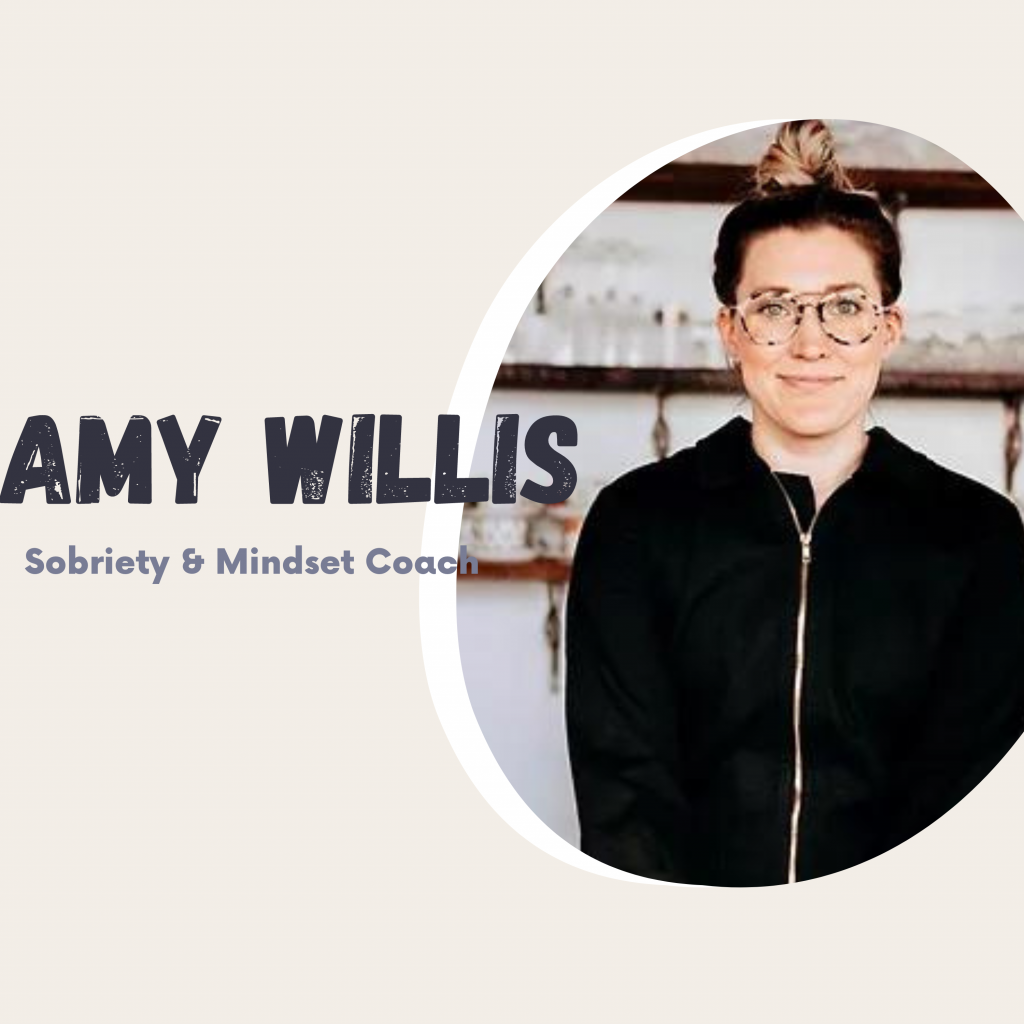- Health
- SEE MORE
- classical
- general
- talk
- News
- Family
- Bürgerfunk
- pop
- Islam
- soul
- jazz
- Comedy
- humor
- wissenschaft
- opera
- baroque
- gesellschaft
- theater
- Local
- alternative
- electro
- rock
- rap
- lifestyle
- Music
- como
- RNE
- ballads
- greek
- Buddhism
- deportes
- christian
- Technology
- piano
- djs
- Dance
- dutch
- flamenco
- social
- hope
- christian rock
- academia
- afrique
- Business
- musique
- ελληνική-μουσική
- religion
- World radio
- Zarzuela
- travel
- World
- NFL
- media
- Art
- public
- Sports
- Gospel
- st.
- baptist
- Leisure
- Kids & Family
- musical
- club
- Culture
- Health & Fitness
- True Crime
- Fiction
- children
- Society & Culture
- TV & Film
- gold
- kunst
- música
- gay
- Natural
- a
- francais
- bach
- economics
- kultur
- evangelical
- tech
- Opinion
- Government
- gaming
- College
- technik
- History
- Jesus
- radio
- movies
- services
- Church
- podcast
- Education
- international
- Transportation
- Other
- kids
- podcasts
- philadelphia
- Noticias
- love
- sport
- Salud
- film
- and
- 4chan
- Disco
- Stories
- fashion
- Arts
- interviews
- hardstyle
- entertainment
- humour
- medieval
- literature
- alma
- Cultura
- video
- TV
- Science
- en
Episode 284: Amy Willis Sobriety and Mindset Coach

When it comes to alcohol, it\u2019s easy to fall into myopia and focus on our own particular circumstances, but this episode reminds us that actually we\u2019re all part of a much larger context \u2013 one that powerfully affects our thoughts and choices. Sobriety Coach Amy Willis shares with Host John Sheldon the four pillars that define and reinforce her approach to recovery: Radical Honesty, Mindset Change, Habit Change and Resiliency. Alcohol and our relationship to it \xa0are viewed through the prism of deep-seated trauma and cultural conditioning that factor into everyone\u2019s equation in some way.
\nWith a special focus on women and the LGBTQ community, Amy\u2019s practice is informed by her own lived experience \u2013 and the stats that indicate disproportionate issues with substance addiction among mothers and marginalized communities. She highlights complementary tools that augment the work, like tapping (known as EFT), meditation and habit change. And you\u2019ll also learn about the major social and economic forces at play as well as glimmers of hope that sober curiosity is subjecting alcohol use to the same sort of scrutiny that over time created a wholesale change in our attitudes towards smoking. No more free passes for the alcohol industry\u2019s relentless advertising and lobbying!
\nIf you\u2019d like to support this podcast, please consider clicking here to become a patron. Your contribution of just $1, $3 or $5 a month goes a long way towards building this community!
\nTo view this and other episodes of Beyond Belief Sobriety on YouTube, visit this link.
\nKey Takeaways
\n
\n* Amy shares her coaching orientation, an overview of the calling and tools she uses.
\n* One Size Does Not Fit All: Amy and John believe that the more recovery options the better. Everyone needs to be met where they are, on their own path.
\n* There are four basic tenets at the heart of Amy\u2019s holistic program:
\n* Radical Honesty: Establishing a practice that names and courageously owns whatever negativity we harbor or aspect of our lives that doesn\u2019t serve. This includes working through denial, guilt and shame.
\n* Mindset Transformation: Tackling what we believe to be true about ourselves, others, the world around us or the role of alcohol in our lives. Because our beliefs are so deeply seated, we assume they are true. But defaults can be unlearned.
\n* Habit Change: Unpacking deeply established habits, which comprise as much as 40% of our day, and assessing go-to behaviors that do not serve. Habit change theory enables the adoption of new practices.
\n* Resiliency: Drawing on resiliency as foundational, emboldening us to embrace and bolster the tools we innately have within us to sustain meaningful change.
\n* In addition to being a sobriety coach, Amy is a certified meditation coach \u2013 which she considers a key complementary life skill. Mindfulness slows time down and allows us to recognize our thoughts as thoughts and not always truths. Like anything, it\u2019s a practice.
\n* Thoughts are constant. Meditation is about turning awareness to them and recognizing that we can engage or let them float by.
\n* About Emotional Freedom Technique (EFT): A self-administered, holistic healing tool that helps us rewire our bodies, modulate our stress responses and process trauma by stimulating various acupressure points while verbalizing the issue at hand. The next time your body encounters a trigger, it will be free to respond in different (healthier) ways.
\n* EFT, which is a self-administered technique, has proven highly effective with many disorders and has broad applications. Check out Amy’s YouTube Channel.
\n* Normative Alcohol Culture: Parallels between how cigarettes and nicotine were once packaged as harmless,